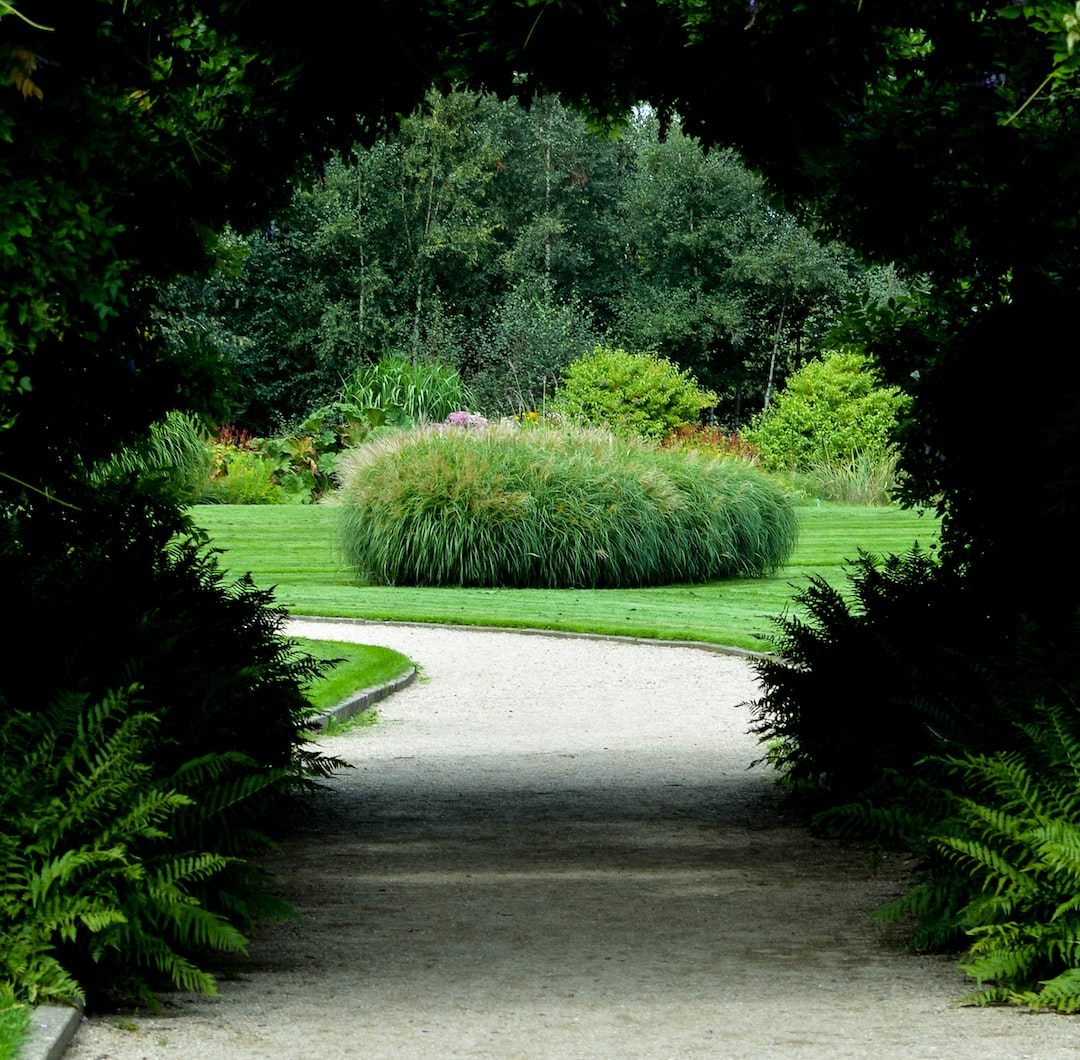Exploring the Concept of Feng Shui in Garden Design
Our surroundings greatly impact our well-being, and a well-designed garden can serve as a peaceful haven for rejuvenation and relaxation. While there are many principles and techniques that guide garden design, one approach that holds particular significance is Feng Shui. Originating from ancient Chinese philosophy, Feng Shui aims to create harmony and balance in our physical environment. In this blog post, we will delve into the concept of Feng Shui and explore how it can be applied to garden design.
Feng Shui, which translates to “wind-water,” centers around the belief that the flow of energy, or “qi,” influences our health, prosperity, and overall happiness. By optimizing the flow of energy through proper arrangement and alignment, we can create a garden space that promotes positive energy and peace.
One fundamental aspect of Feng Shui garden design is the use of the Bagua, a symbolic representation of the nine key areas of life, such as wealth, love, and health. By superimposing the Bagua onto the garden layout, each area can be enhanced accordingly. For example, placing an element associated with wealth, such as a small water feature or plants with round-shaped leaves, in the wealth area can attract abundance and financial prosperity.
Another critical aspect of Feng Shui in garden design is the balance of yin and yang energy. Yin energy represents the feminine, passive, and tranquil elements, while yang energy symbolizes masculinity, activity, and warmth. To achieve a harmonious balance, incorporating a variety of plants, textures, colors, and shapes are essential. For instance, soft, wispy grasses or delicate flowers bring a calming yin energy, while bold, upright structures add a vibrant yang energy. By skillfully blending these elements, we can create a visually pleasing and energetically balanced garden space.
The flow of energy, or qi, is a central concept in Feng Shui. In garden design, this can be achieved through the strategic arrangement of paths, plantings, and focal points. Avoiding straight, direct paths can prevent the energy from becoming stagnant. Instead, meandering pathways, lined with aromatic herbs or fragrant flowers, can invite energy to circulate freely throughout the garden. Additionally, focal points, such as a beautiful sculpture or a natural source of water, serve as anchors for energy, guiding its flow and creating a sense of balance.
Water features hold particular importance in Feng Shui garden design. Water, symbolizing abundance and tranquility, can be incorporated through ponds, fountains, or even a simple bird bath. The placement of water features should be carefully considered to ensure they bring positive energy to the space. Ideally, they should be located in the north, east, or southeast areas of the garden, corresponding to career, health, and wealth, respectively. A well-maintained water feature not only promotes favorable energy but also attracts birds and wildlife, further enriching the garden’s vitality.
Incorporating natural elements, such as rocks, wood, and plants, is another crucial aspect of Feng Shui garden design. Rocks symbolize stability and can be strategically placed to create balance or guide energy. Wood, representing growth and vitality, can be introduced through trees or wooden structures, providing shade and creating a peaceful atmosphere. Additionally, plants play a significant role in Feng Shui, as they represent life and growth. Choosing plants with specific characteristics, such as upward reaching or heart-shaped leaves, can enhance the flow of energy in different areas of the garden.
Lastly, the overall atmosphere and ambiance of the garden should align with the principles of Feng Shui. This can be achieved by creating a peaceful and clutter-free space. Removing any unnecessary items and maintaining a clean and organized garden promotes positive energy and allows for better qi flow. Surrounding oneself with beauty, whether through colorful flowers, fragrant herbs, or a well-appointed seating area, enhances the overall experience and contributes to a sense of tranquility.
In conclusion, the application of Feng Shui principles in garden design can transform an ordinary outdoor space into a harmonious sanctuary. By incorporating key aspects such as the Bagua, balancing yin and yang energies, optimizing qi flow, utilizing water features, incorporating natural elements, and creating a serene atmosphere, we create a garden that not only pleases the eye but also nurtures the soul. Embracing the concept of Feng Shui in garden design allows us to cultivate a sacred space where positive energy thrives and where we can find solace and connection to nature.

